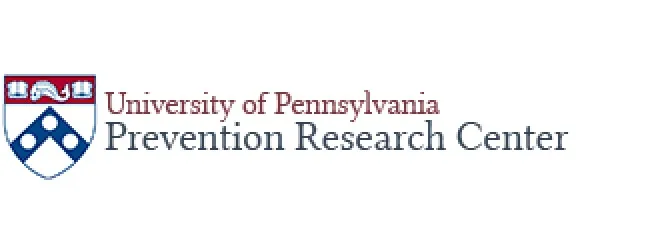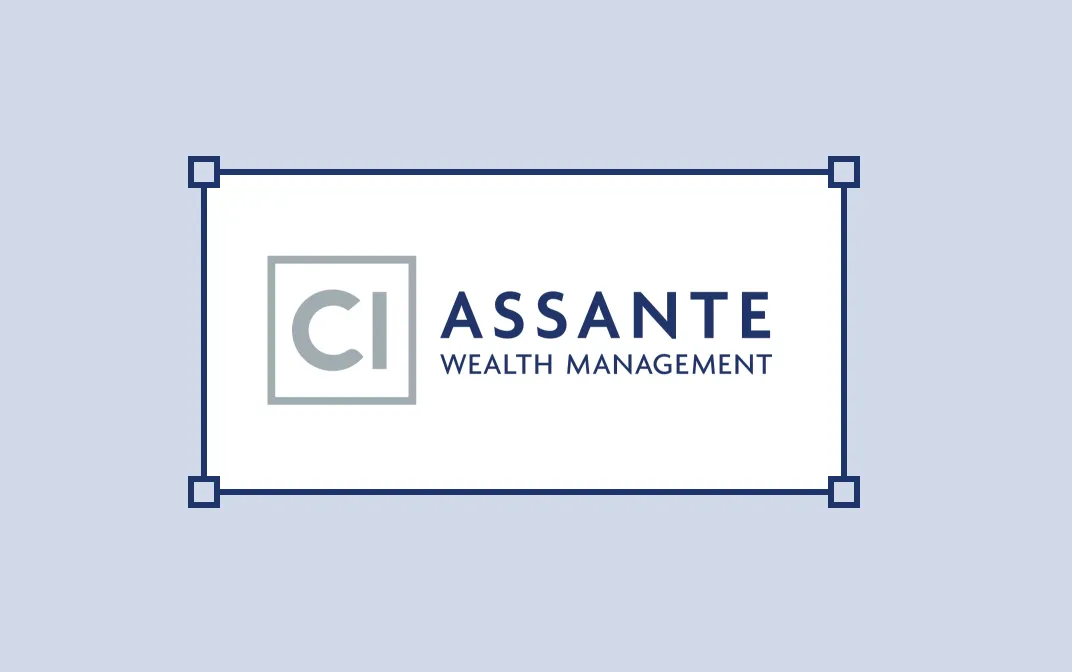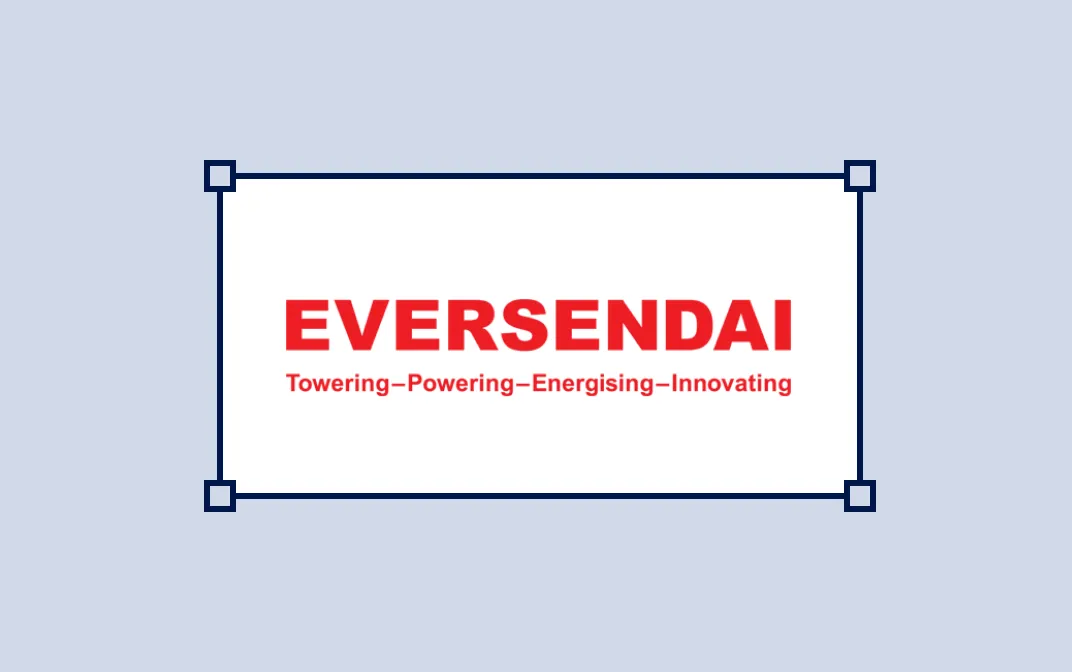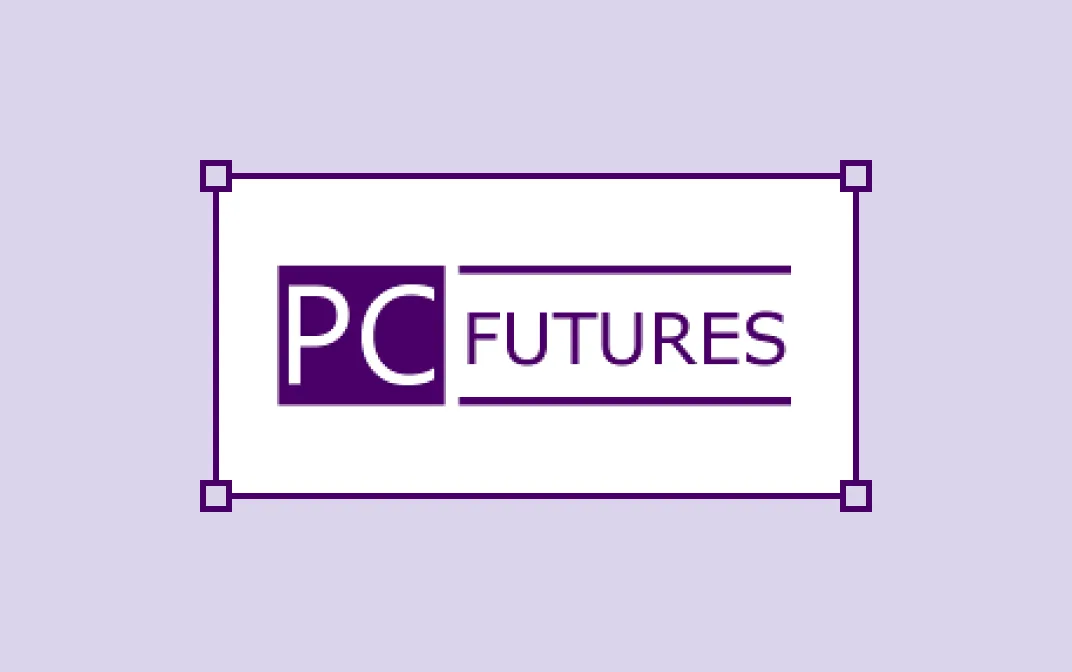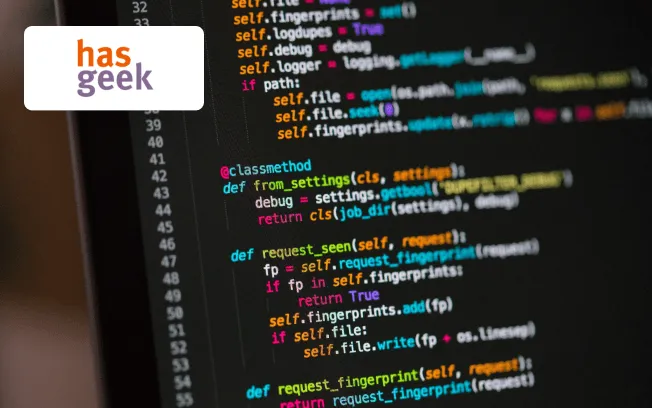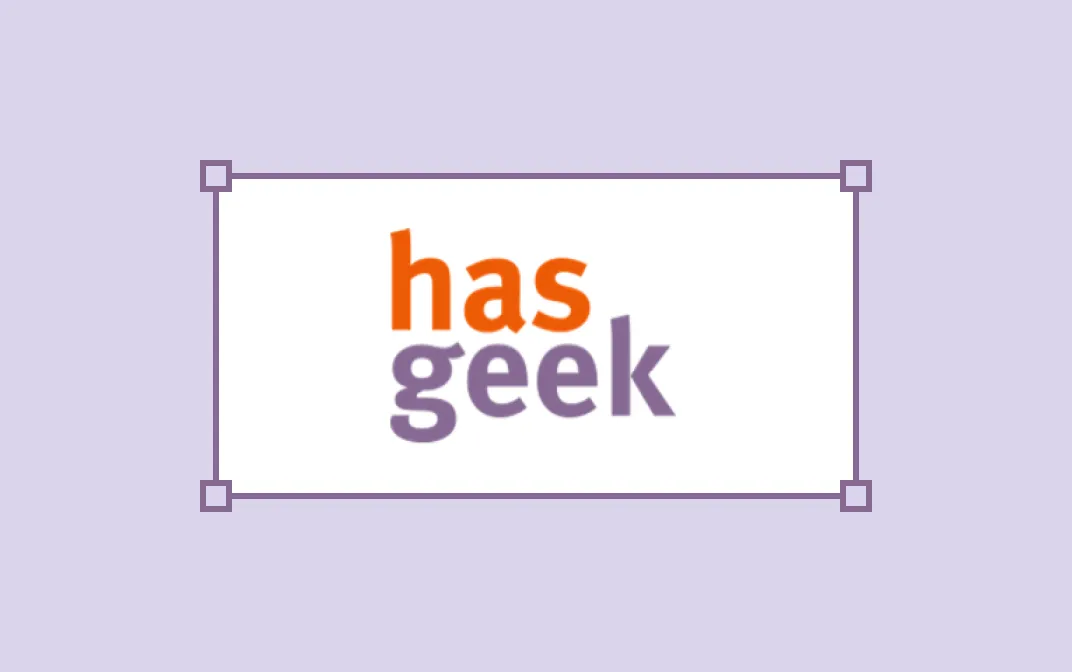

The Organization
The University of Pennsylvania's Prevention Research Center (UPenn PRC) was established in 2014, and is funded by the Centers for Disease Control and Prevention. It brings Penn researchers from a variety of disciplines together to conduct innovative public health and disease management research. The goal of said research is to prevent chronic disease and reduce health disparities in Southeastern Pennsylvania. The UPenn PRC team is dedicated to promoting well-being, health equity, research translation, and evaluation of population-based and sustainable community health and clinical interventions.
The Challenge
UPenn PRC researchers spearheaded a study on developing and testing communication efforts to promote skin cancer prevention. As part of their research, field interviews were conducted in outdoor settings, such as beaches and parks, in order to learn more about people's opinions and habits surrounding sun exposure. The researchers had to rely on many paper-based forms to document the information, such as multi-page consent documents and interview forms. Since the research involved more than 80 participants, transporting the required documentation to each location would have been cumbersome and difficult to keep organized.
The Solution
Sara Grossman, Research Coordinator for the Skin Cancer Prevention Team at UPenn PRC, was on the lookout for a solution that would eliminate the researchers’ paperwork burden. After browsing around online for 'sign and send' apps, she downloaded and tested the trial versions for several different solutions. In the end, Signeasy was the app of choice, as it was the most user-friendly and best-suited to UPenn’s needs compared the others. With this new workflow in place, candidates that were accepted to participate in a research study reviewed the consent form with a staff member using Signeasy on an iPad. Both the interviewer and participant signed and dated the document. A copy of the document was emailed to the participant. Once the interview stage was over, participants were asked to sign another form on Signeasy to confirm that they received a gift card from the research team. Both documents were then re-saved in Signeasy using each participant’s ID number for UPenn’s records. After a day of field work, the signed documents were downloaded from the Signeasy web app.
Benefits
Friendly User Interface
Signeasy’s user-friendly design made the app easy and quick to operate.
Saved Signatures
The interviewers working with the research team did not have to sign each and every form. Instead, they were able to save their signatures in Signeasy, allowing them to email the completed forms to participants on the spot and without delay.
Better Organization of Documents
Using Signeasy for this project allowed the research team to streamline and organize their documentation effectively. With Signeasy running on iPads, they avoided the hassle of carrying around more than 200 paper forms and keeping them organized on the go. This simple change meant that they were able to get work done and stay on-task quickly and efficiently.

